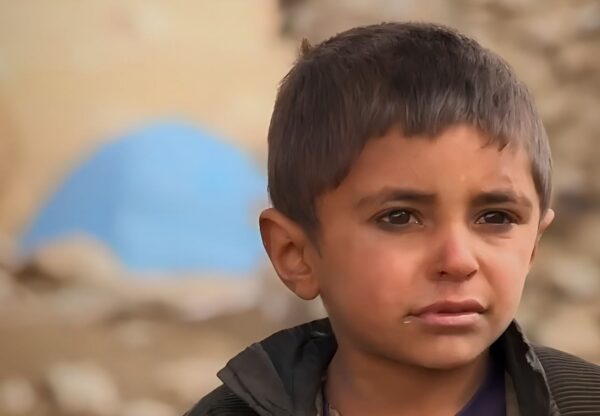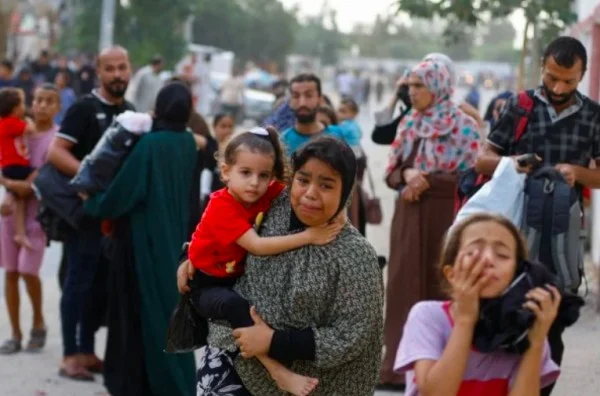Father Name: Mirza Mohammed Agha
Date of birth: Islamic date: 29 Du’l-ḥejja 1321 English date: 17 March 1904
Birth Place: Tabriz
Places of Education: Tabriz. Najaf and Qom.
Place of Burial: Holy Shrine of Hazrat Masoumeh(PBUH) in city of Qom on 15th November 1981.
Early life: Allamah Sayyed Muhammad Husayn Tabatabai was born in Tabriz in a family of descendants of the Noblest Messenger of Allah Hazrat Muhammad (PBUH). He lost his mother when he was five years old, and his father when he was nine.
He received his earliest education in his native city, mastering the elements of Arabic and the religious sciences, and at about the age of 20 years, came to the hawza of Najaf in Iraq to begin more advanced studies.
In the great city, Allamah Tabatabai studied fiqh and usul with two of the great masters of that day, Mirza Muhammad Husayn Na’ini and Shaykh Muhammad Husayn Isfahani.
He was fortunate in finding a great master of Islamic gnosis, Mirza Ali Qadhi, who initiated him into the Divine mysteries and guided him in his journey toward spiritual perfection.
He spent long periods in fasting and prayer and underwent a long interval during which he kept absolute silence.
His work: In his quiet and unassuming manner, Allamah began to teach in the holy city of Qum, concentrating on Qura’nic commentary and traditional Islamic philosophy and theosophy, which had not been taught in Qum for many years.
His magnetic personality and spiritual presence soon attracted some of the most intelligent and competent of the students to him, and gradually he made the philosophical teachings of Mulla Sadra once again a cornerstone of the traditional curriculum.
The activities of Allamah since he came to Qum also included frequent visits to Tehran. After the Second World War, when Marxism was fashionable among some of the youths in Tehran, he was the only religious scholar who took the pains to study the philosophical basis of Communism and supply a response to dialectical materialism from the Islamic point of view.
The fruit of this effort was one of his major works, Usul-e Falsafah Wa Ravish-e Ri’alism (The Principles of Philosophy and Method of Realism).
In addition to a heavy program of teaching and guidance, Allamah occupied himself with writing many books and articles which attested to his remarkable intellectual powers and breadth of learning within the world of the traditional Islamic sciences.
His fame rests on his various academic works – the most important being his great exegesis of the Qur’an, al-Mizan fi Tafsiri’l-Qur’an.
A third book Shi`ah Dar Islam (Shi`ah in Islam), was first published in Persian; later it was published in English. This book is based on Allamah’s discussions with Professor Kenneth M about Shi’ism.
His other major philosophical work is a voluminous commentary of Asfar al-‘Arba’eh, the magnum opus of Mulla Sadra, the renowned Iranian thinker.
Apart from these he also wrote extensively on philosophical topics. His humanist approach is underlined by his three books on: the nature of man – before the world, in this world, and after this world.
His philosophy is focused upon the sociological treatment of human problems. His two other works, Bidayat al-hikmah and Nihayat al-hikmah, are considered among works of high order in Islamic philosophy.
Allameh Tabatabaei was also an accomplished poet. He composed his poetry mainly in Persian, but occasionally in Arabic as well. He was also the author of numerous articles and essays.











